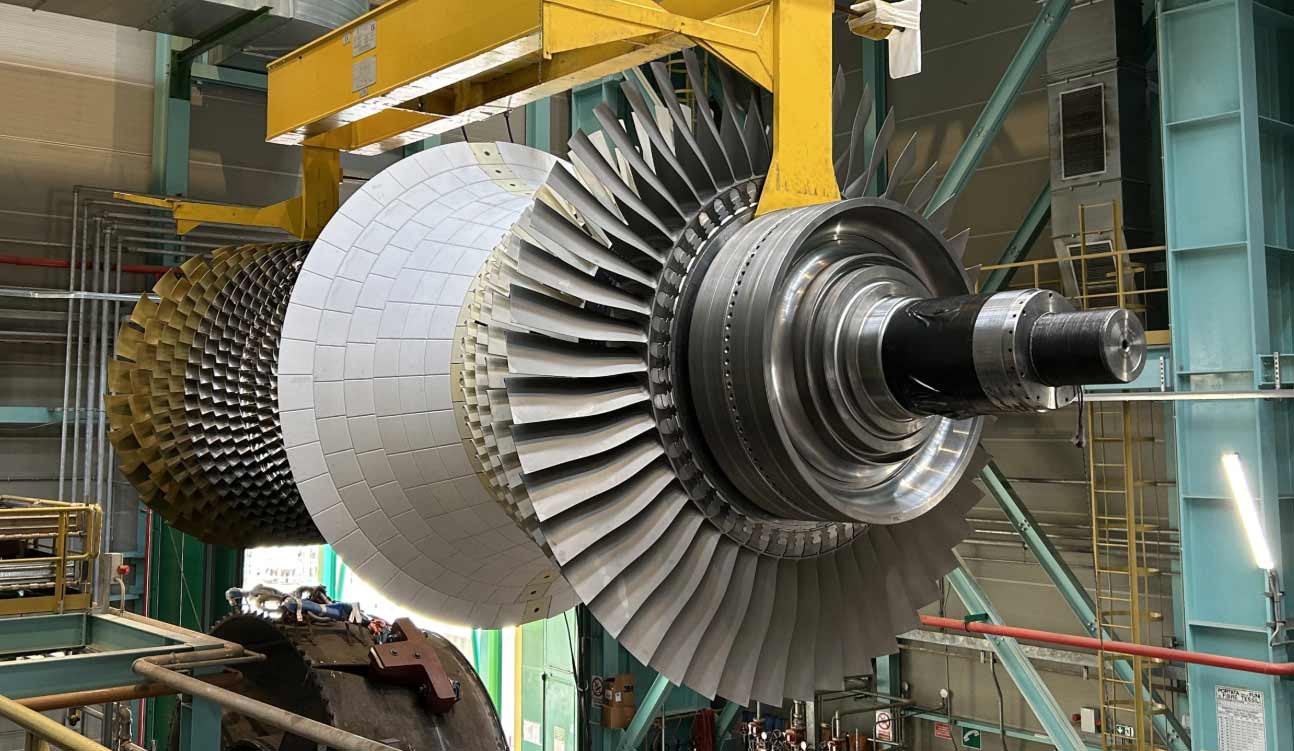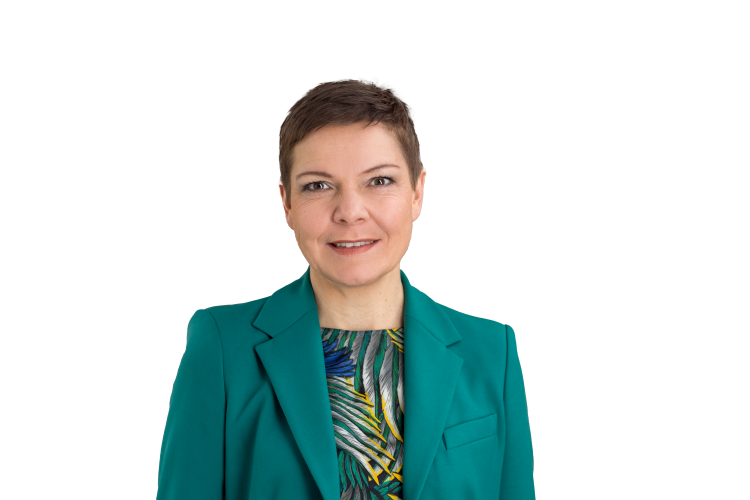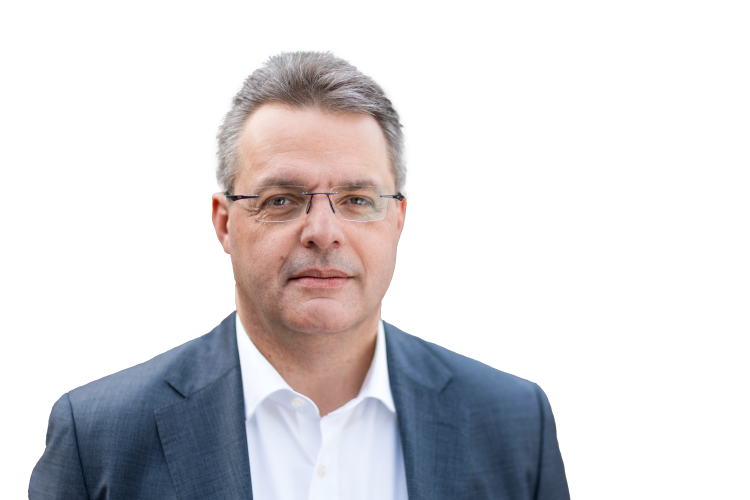Expansion of the highly flexible power plant portfolio
In the first six months of 2025, Alpiq further expanded its business in its core geographic markets through targeted investments, investing CHF 96.6 million in new and existing assets in the first half of the year alone. Alongside its already extensive portfolio of highly flexible power plants, the company is focusing on flexible energy production and storage solutions. In Valkeakoski, Finland, construction of a 30 MW battery energy storage system (BESS) is nearing completion, with commissioning now underway. In Haapajärvi, Finland, the largest BESS project to date, with a capacity of 125 MW, is planned to commence operations in 2027. In France, a 100 MW BESS is scheduled to go into operation in the first quarter of 2027.
In Italy, Alpiq completed a comprehensive modernisation of its San Severo gas-fired power plant in the second quarter, significantly improving both efficiency and operational flexibility. The plant can now operate on a fuel mix containing up to 25% hydrogen. This investment strengthens San Severo’s role in ensuring Italy’s security of supply while also supporting achievement of the country’s climate objectives. In Switzerland, Alpiq remains focused on hydropower investments. The modernisation of the Mottec hydropower plant, which began in 2018 and was completed in 2025, has increased its annual generation capacity by 5 million kWh. The plant’s output has been raised from 69 MW to 87 MW, enabling it to respond even more flexibly to fluctuations in the power grid. These upgrades, together with the ongoing refurbishment of the Vissoie facility (to be completed by 2027), form part of a comprehensive modernisation program of Forces Motrices de la Gougra SA. Meanwhile, the Bieudron plant (Grande Dixence) is undergoing a phased, full overhaul, scheduled for completion in 2026.
Solid operating performance in the first half of 2025
The Assets value chain element, which also includes the optimisation and commercialisation of Alpiq’s own energy production, generated an adjusted EBITDA of CHF 444.4 million. This was attributable to the high availability of hydropower and nuclear plants in the first half of 2025 and resulted in performance almost in line with prior-year level. The Origination business, which involves complex client solutions tailored to national regulations and specifications, also made a positive contribution, delivering an adjusted EBITDA of CHF 37.4 million in line with expectations. By contrast, Trading, which at Alpiq covers trading in electricity, gas and certificates, was heavily affected by market turbulence stemming from geopolitical instability and changes in tariff policies. It closed the half year with an adjusted EBITDA of CHF -26.3 million, reflecting heightened uncertainty in energy and commodity markets and thus falling short of expectations. Overall, Alpiq reported an adjusted EBITDA of CHF 398.1 million (H1 2024: CHF 462.8 million) and adjusted net income of CHF 247.2 million in the first half of 2025.


